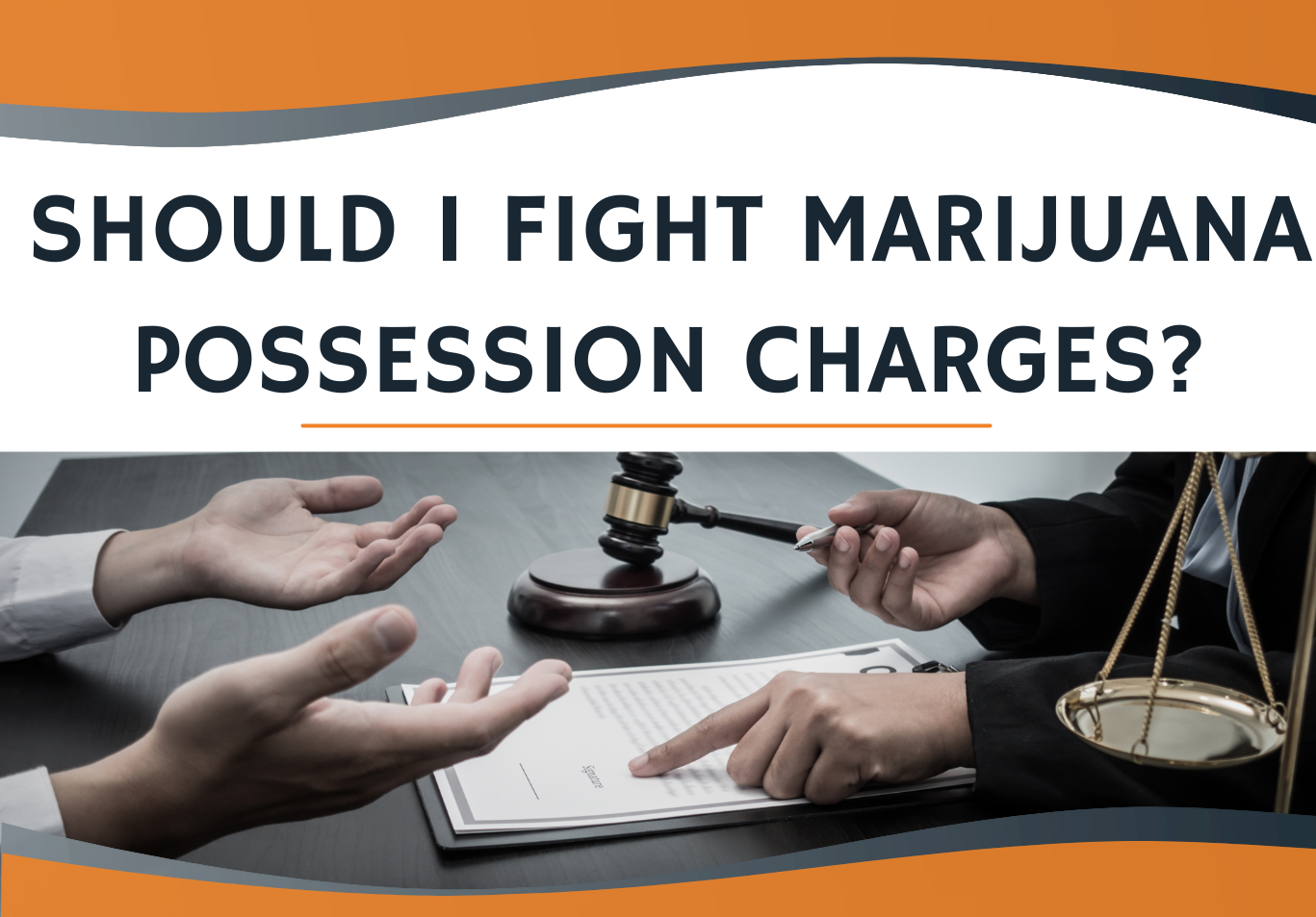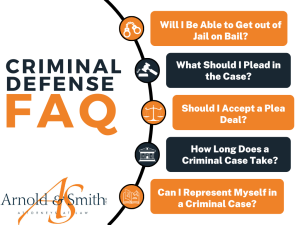 Tips for Choosing a Criminal Defense Attorney
Tips for Choosing a Criminal Defense Attorney
Criminal charges can often be serious, and they could result in harsh punishments if you are found guilty. A criminal conviction could have a negative impact on all aspects of your life. When you face criminal charges, regardless of how minor, you will want to seek help from an attorney. A local criminal defense attorney has lots of experience handling all types of charges and has the resources to help you resolve the matter in the best possible way. Here are a few tips to help you choose the best criminal defense attorney.
Check for Practice Areas
 Charlotte Criminal Lawyer Blog
Charlotte Criminal Lawyer Blog








